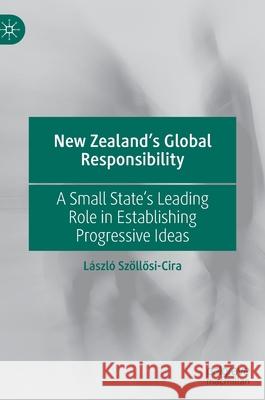New Zealand's Global Responsibility: A Small State's Leading Role in Establishing Progressive Ideas » książka
topmenu
New Zealand's Global Responsibility: A Small State's Leading Role in Establishing Progressive Ideas
ISBN-13: 9789811673481 / Angielski / Twarda / 2021 / 388 str.
New Zealand's Global Responsibility: A Small State's Leading Role in Establishing Progressive Ideas
ISBN-13: 9789811673481 / Angielski / Twarda / 2021 / 388 str.
cena 483,04
(netto: 460,04 VAT: 5%)
Najniższa cena z 30 dni: 462,63
(netto: 460,04 VAT: 5%)
Najniższa cena z 30 dni: 462,63
Termin realizacji zamówienia:
ok. 16-18 dni roboczych.
ok. 16-18 dni roboczych.
Darmowa dostawa!
Kategorie BISAC:
Wydawca:
Springer Verlag, Singapore
Język:
Angielski
ISBN-13:
9789811673481
Rok wydania:
2021
Ilość stron:
388
Waga:
0.61 kg
Wymiary:
21.01 x 14.81 x 2.24
Oprawa:
Twarda
Wolumenów:
01
Dodatkowe informacje:
Wydanie ilustrowane











